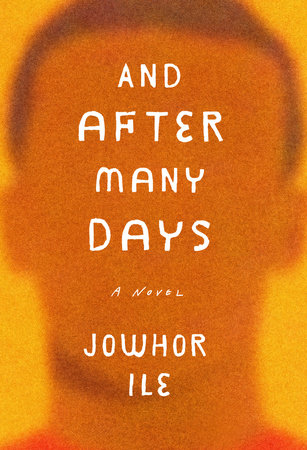One day, Ajie’s older brother Paul leaves their home in Nigeria, and he never comes back. Ajie was the only one who saw him go. And After Many Days is about the loss of Paul and his presence in their family before he goes. I was reading it in between other things (you’ll be hearing about The Raven King on Monday) that frankly I cared about more, and nevertheless I thought And After Many Days was awfully good. It tells the story of a 1990s Nigerian family in a way that makes a faraway (from me) country in an increasingly faraway time feel present and vital and familiar.
If you’re (like me) always on the hunt for more African authors, I’d definitely recommend And After Many Days.
And now onward to a serious question on which I want your input. Why are there so many books in this world about missing siblings? Is this a case of art reflecting life and there are people all over the globe wandering about hoping to run into their missing sibling sometime again? Or (this is what I suspect the real answer is) do a whole bunch of people have super-fraught relationships with their siblings, and some of them are writers, and this is how they are dealing with it?
Actually, even if that’s the case, it still can’t be the whole answer. Nobody ever writes a book about missing parents, and God knows authors of the world have complicated parental relationships.1 Is it because we feel a responsibility to our siblings that we don’t to our parents? Or? Or what?
- FATHER WOUNDS. Come hang out with me and my family for a bit and take a drink every time someone makes a father wounds joke. Except, don’t do that, it’ll be bad for your liver. ↩
